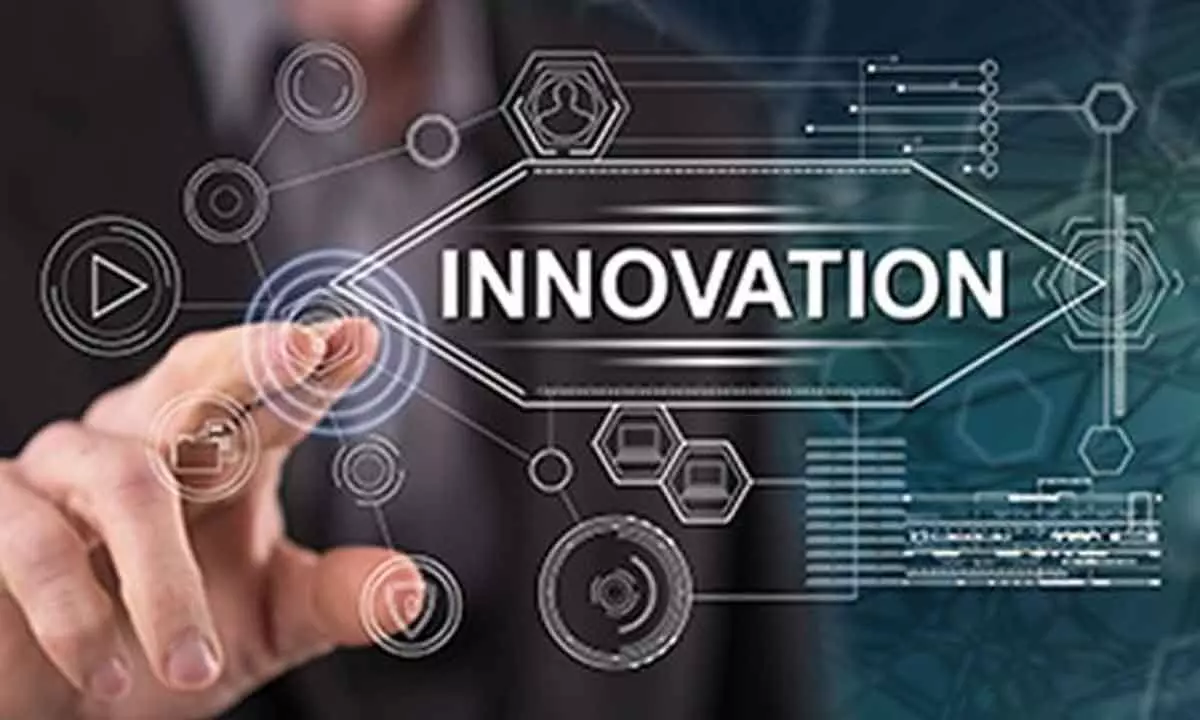Role of innovations in early childhood education

Early childhood education (ECE) plays a crucial role in the development of young minds, shaping the cognitive, emotional, and social skills that form the foundation for lifelong learning.
Early childhood education (ECE) plays a crucial role in the development of young minds, shaping the cognitive, emotional, and social skills that form the foundation for lifelong learning. In recent years, several innovative approaches have transformed ECE, reflecting an increased understanding of how children learn and the importance of a holistic educational experience.
One significant innovation is the integration of technology in ECE classrooms. Educational apps, interactive games, and digital storytelling have become valuable tools for enhancing learning experiences. These technologies offer personalized learning paths, allowing children to engage with content at their own pace while also fostering digital literacy from a young age. For instance, programs like ABCmouse and Osmo use adaptive learning techniques to cater to individual learning needs, making education both fun and effective.
Another key innovation is the emphasis on play-based learning, which recognizes the importance of play in cognitive and social development. Programs incorporating this approach create environments where children learn through exploration, creativity, and collaboration. The Reggio Emilia approach, for example, encourages children to express themselves through “100 languages,” including art, drama, and music, thereby promoting holistic development. This method underscores the belief that children are active participants in their learning journey, capable of constructing their knowledge through interaction with their environment.
Social-emotional learning (SEL) has also gained prominence in ECE programs. Recognizing that emotional intelligence is as vital as academic skills, many programs now include SEL curricula to help children develop self-awareness, empathy, and interpersonal skills. Tools like the Second Step program provide structured activities that teach children to manage emotions, resolve conflicts, and build healthy relationships, laying a foundation for future
social success.
Moreover, inclusive education practices have evolved to ensure that children with diverse needs receive appropriate support. Innovative strategies, such as universal design for learning (UDL), create flexible learning environments that accommodate various learning styles and abilities, promoting equity in education. These innovations in early childhood education reflect a broader shift toward creating dynamic, inclusive, and adaptive learning environments that cater to the diverse needs of young learners, ensuring a strong foundation for their future academic and personal growth.








